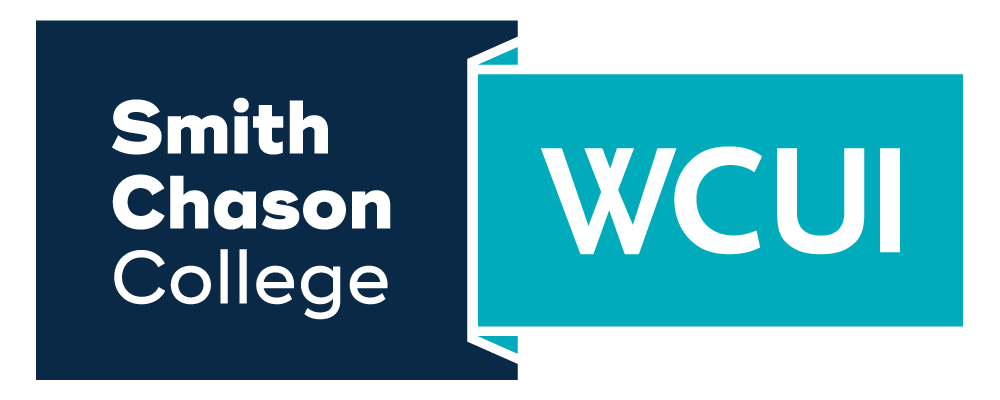How to Become an Echocardiography Sonographer or Cardiovascular Sonographer
Does the sound of a heartbeat intrigue you? Do you want a meaningful career that enables you to help people at some of their most worrisome times? Becoming an echocardiography technologist could be the ideal way for you to build a future that meets these goals. These professionals provide highly valuable and in-demand skills in the cardiology sector, working in doctor’s offices, labs, hospitals, and emergency medicine.
Cardiac sonography helps to determine the health of the heart, including the strength of the muscle, the movement of blood, and the way it beats.
What Does an Echocardiography Technologist Do?
Those who work as an echocardiography technologist, sometimes referred to as echocardiologists, use cardiac/cardiovascular sonography. This is a specific type of ultrasound equipment that’s able to take real-time images of the heart and the heart’s function. Doctors use these tests to gather information about how well the heart is working. This can help medical professionals to make diagnosis and treatment decisions for patients.
Those who work in this field typically work in a lab or office space. They are often isolated with patients, providing this non-invasive type of treatment. The technician typically uses a handheld device that glides over the surface of the chest. As it does, it takes ultrasound images of the heart. This is done while the patient is at rest. In some situations, the patient may be active during the test allowing for an examination of the heart’s function under various circumstances.
Where Does an Echocardiography Technologist Work?
An echocardiography technologist typically works in a hospital or in a large medical system. Some may work at diagnostic testing centers and labs. Some doctor’s offices, especially those that are cardiologist offices, will also include these professionals. Most work within a lab where there are other types of devices, including those for ultrasounds and x-rays. Some providers learn how to use more than one of these tools over time.
Why Is the Job of an Echocardiography Technologist Important?
Those who work as cardiac sonography technologists have a very important role to do. Their job helps doctors to make critical decisions about a patient’s care and wellbeing. Using the tools of the job, these professionals must look at all components of the heart, including the blood vessels, valves, and the muscle itself. They take measurements using the tools of the heart as it opens and closes.
Accuracy and care are important here. Many times, patients are worried, or they may be unable to hold still. That can make the job a bit more challenging. However, clear images are critical for an accurate diagnosis of health conditions.
Those who provide this care will:
- Need to use ultrasound equipment properly
- Ensure patient safety during the procedure
- Gather the patient’s medical history
- Provide patients with information about the procedure and why it is being done
- Educate patients about how the ultrasound technology works
- Use equipment to take photos and video of the function of the heart
- Record data about the findings
- Provide initial findings to doctors
If this sounds like a career path you may be interested in, there are several steps to gaining the necessary skills for the job.
How to Become an Echocardiography Technologist
Most of the time, individuals will need to enroll in and complete a cardiovascular sonography program. These programs provide students with the necessary insight and resources they need to use the equipment.
Associate Degree
Smith Chason College’s WCUI School of Medical Imaging offers the support you need through a comprehensive associate degree program. The Academic Associate of Science in Cardiovascular Sonography is an initial step in this educational process. This program provides you with education on a wide range of sonography related topics with classes such as:
- Anatomy and physiology
- Cardiovascular sonography
- Ultrasound physics and instrumentation
- Vascular sonography
- Electrocardiography
- Medical terminology
This associate degree program is enough to help students to obtain an entry-level career in the field. This may also allow them to better prepare for more advanced education, training, and certification exams necessary to hold a position in this field.
Bachelor’s Degree
Smith Chason College also offers a Bachelor of Science in Diagnostic Cardiovascular Sonography. This program is more extensive and provides both a foundation of general education courses as well as an in-depth medical program that includes a wide range of classes to prepare you for a degree as an echocardiography technologist. Some of the courses you may take include:
- Anatomy and physiology
- Adult congenital health defects
- Advanced cardiovascular procedures
- Advanced vascular sonography
- Electrocardiography
- Medical terminology
- Ultrasound physics and instrumentation
Once you complete this bachelor’s degree, you will then be able to move into an entry-level career in the field. There are various advantages to completing the bachelor’s degree path, including more extensive knowledge of the industry and the ability to work in the field.
Earning Your Certification
It is highly recommended for those who wish to work as an echocardiography technologist obtain a certification in the field. Many employers prefer for applicants to have a certificate that shows they have passed an exam and have obtained the necessary skills to do the work involved.
You can complete this through the American Registry for Diagnostic Medical Sonography. This would allow you to receive a certificate as a Registered Diagnostic Cardiac Sonographer or RDCS. A second route is to complete your certification through Cardiovascular Credentialling International. This will allow you to earn the designation of Registered Cardiac Sonographer (RCS).
Once you obtain the necessary certifications, you can then apply for a job and begin working in the field. Many employment opportunities exist, including major hospital systems, research centers, lab and diagnostic centers, and private practices.
How Much Can You Earn as an Echocardiography Technologist?
There is significant demand for those who wish to work in this position throughout the U.S. The U.S. Bureau of Labor Statistics (BLS) shares that the 2021 median pay for the country was $75,380 per year or $36.24 per hour with an associate’s degree. More so, the job outlook from 2021 to 2031 will grow at a rate of 10%, which is faster than average. In California, the BLS shares that the annual mean wage for 2021 was $84,520 or $40.64 per hour. And, in Arizona, annual mean wage is $65, 460 or $31.47 per hour.
Is This the Role for You?
Take the time to explore what could be your future as an echocardiography technologist. At Smith Chason College, you’ll have the tools and resources to start learning the skills needed, and you’ll be involved in a program that can help you to create a meaningful career. Learn more about our bachelor’s degree path in this field of cardiac sonography, where your future lies.

